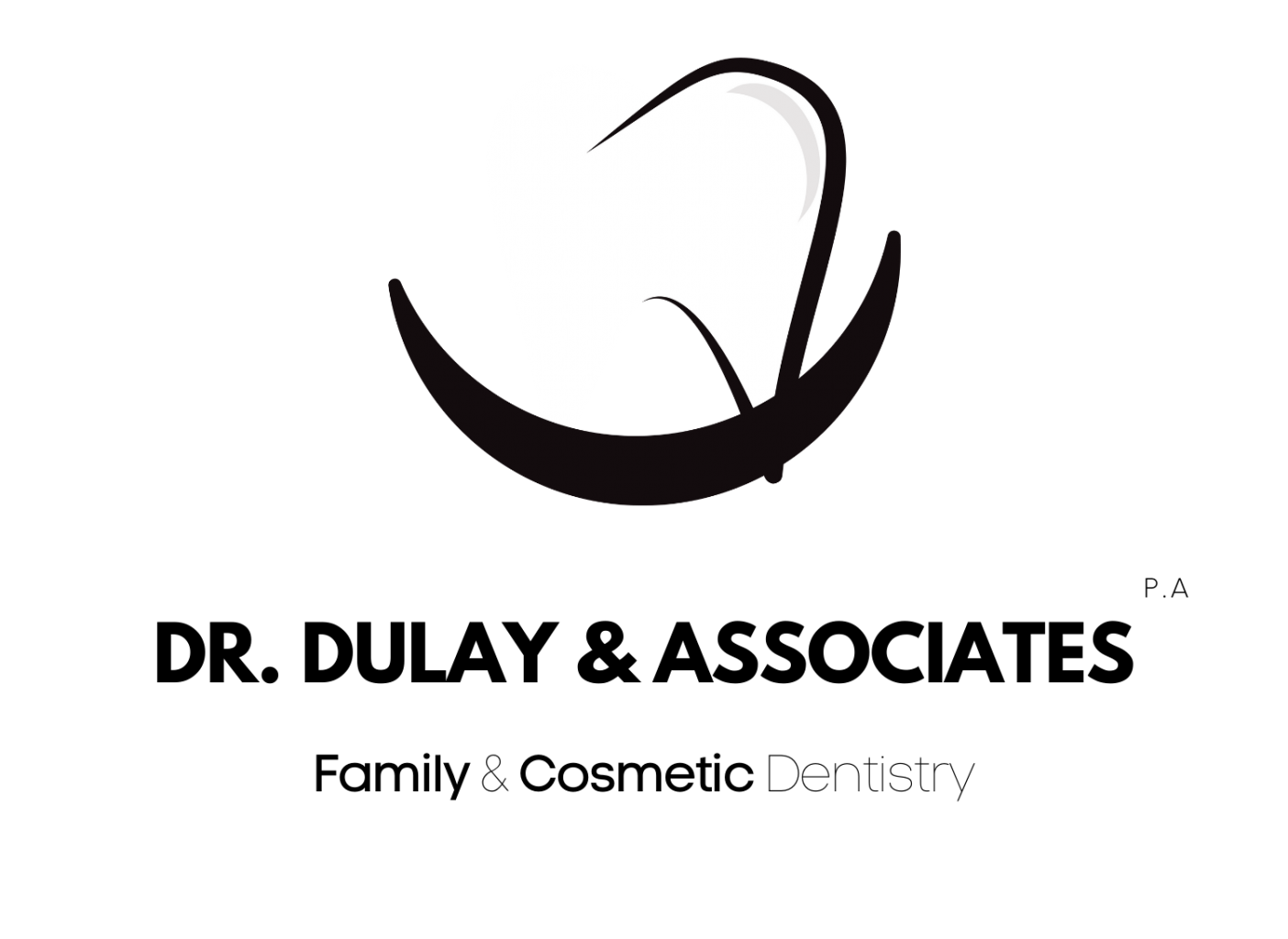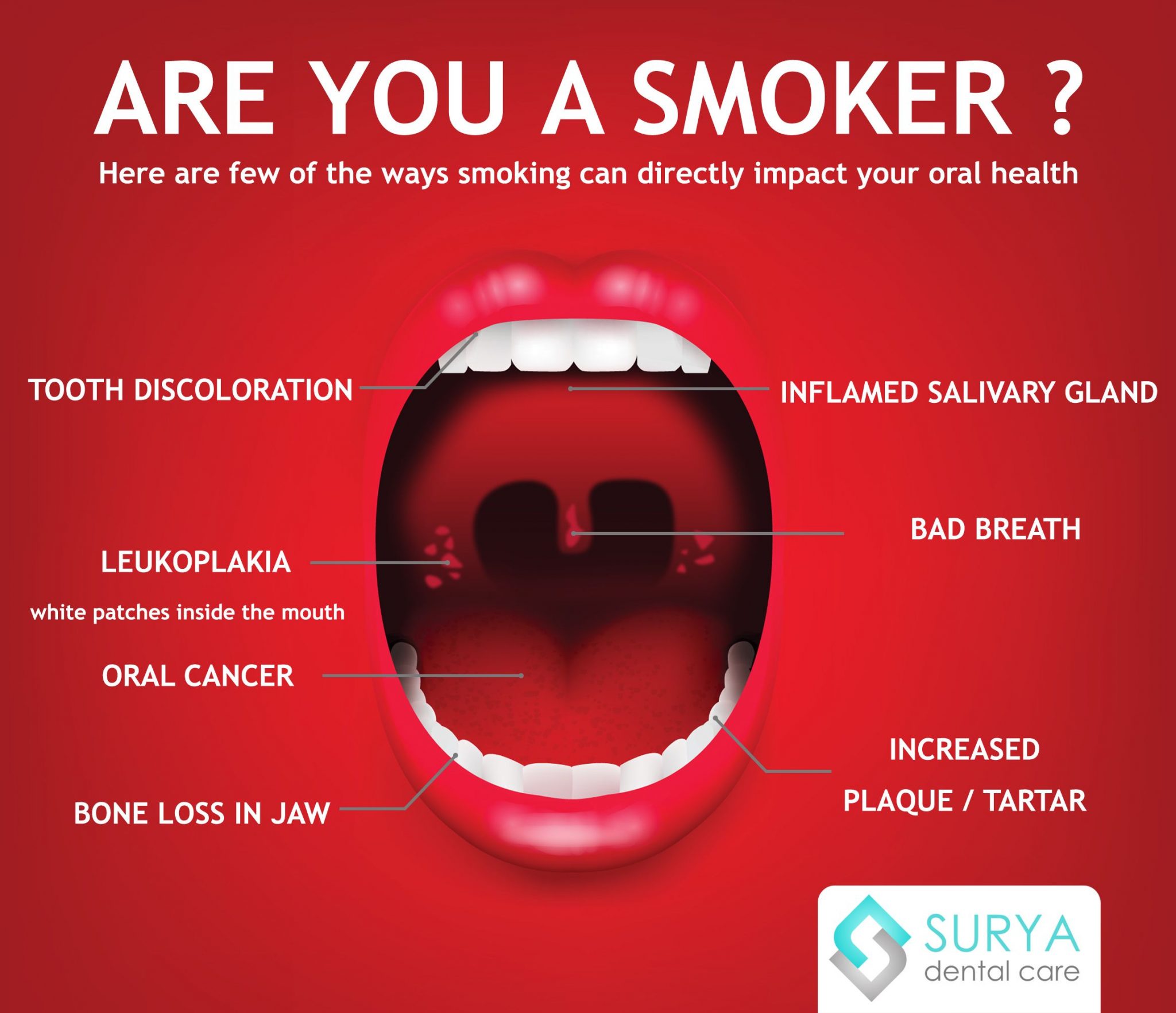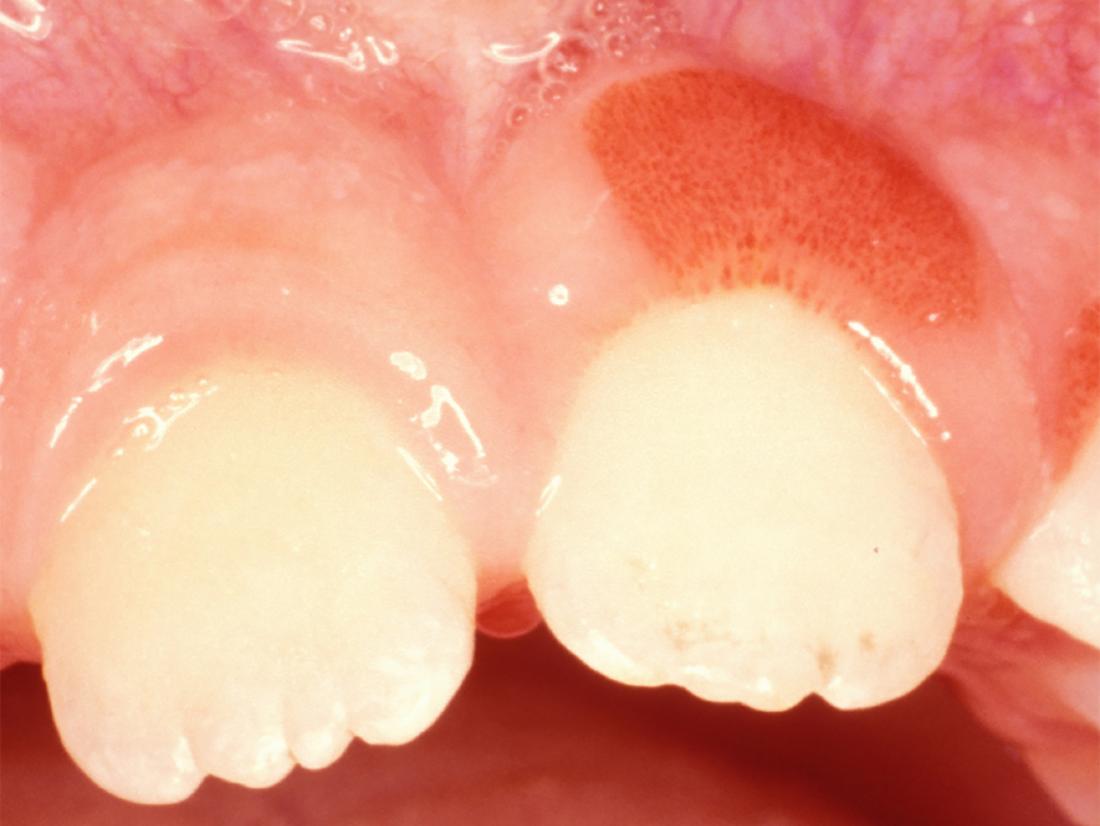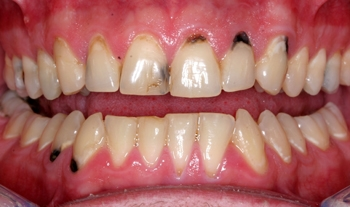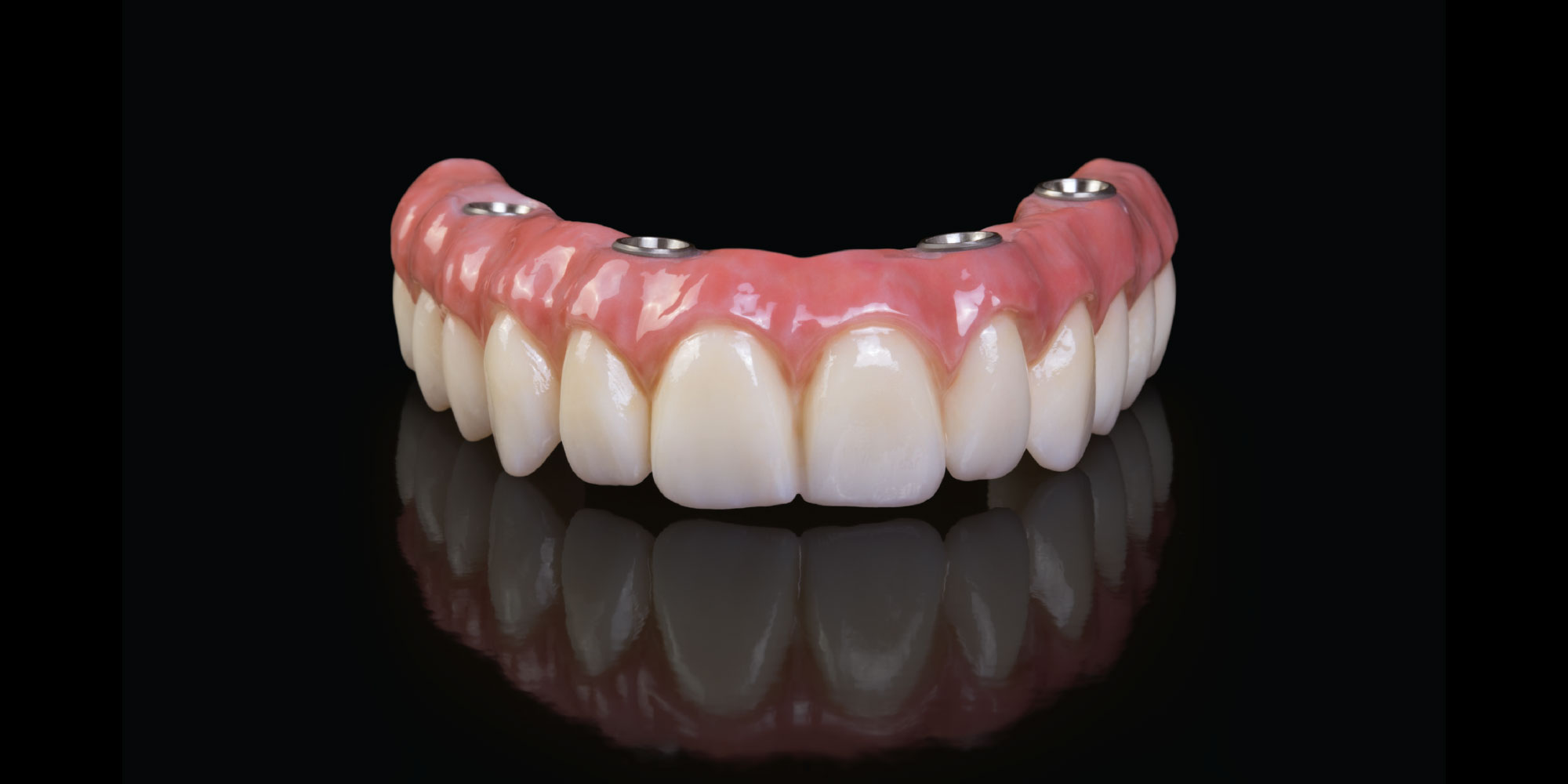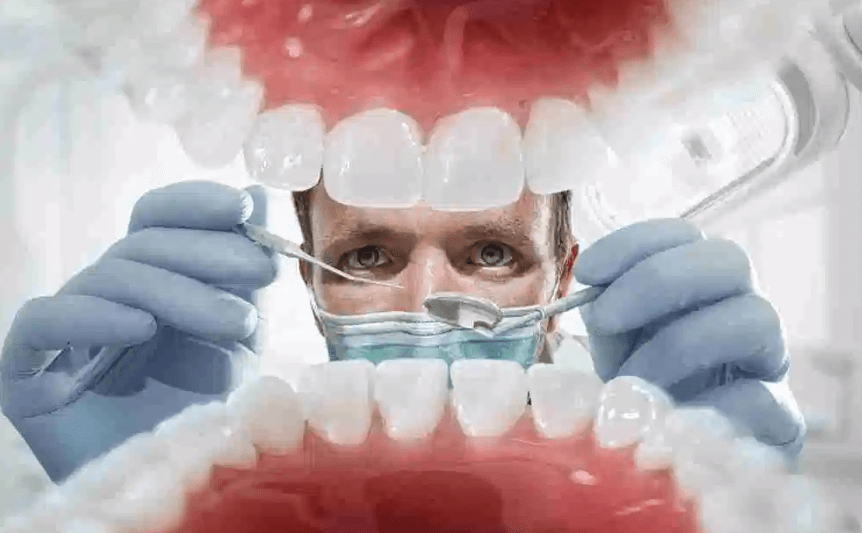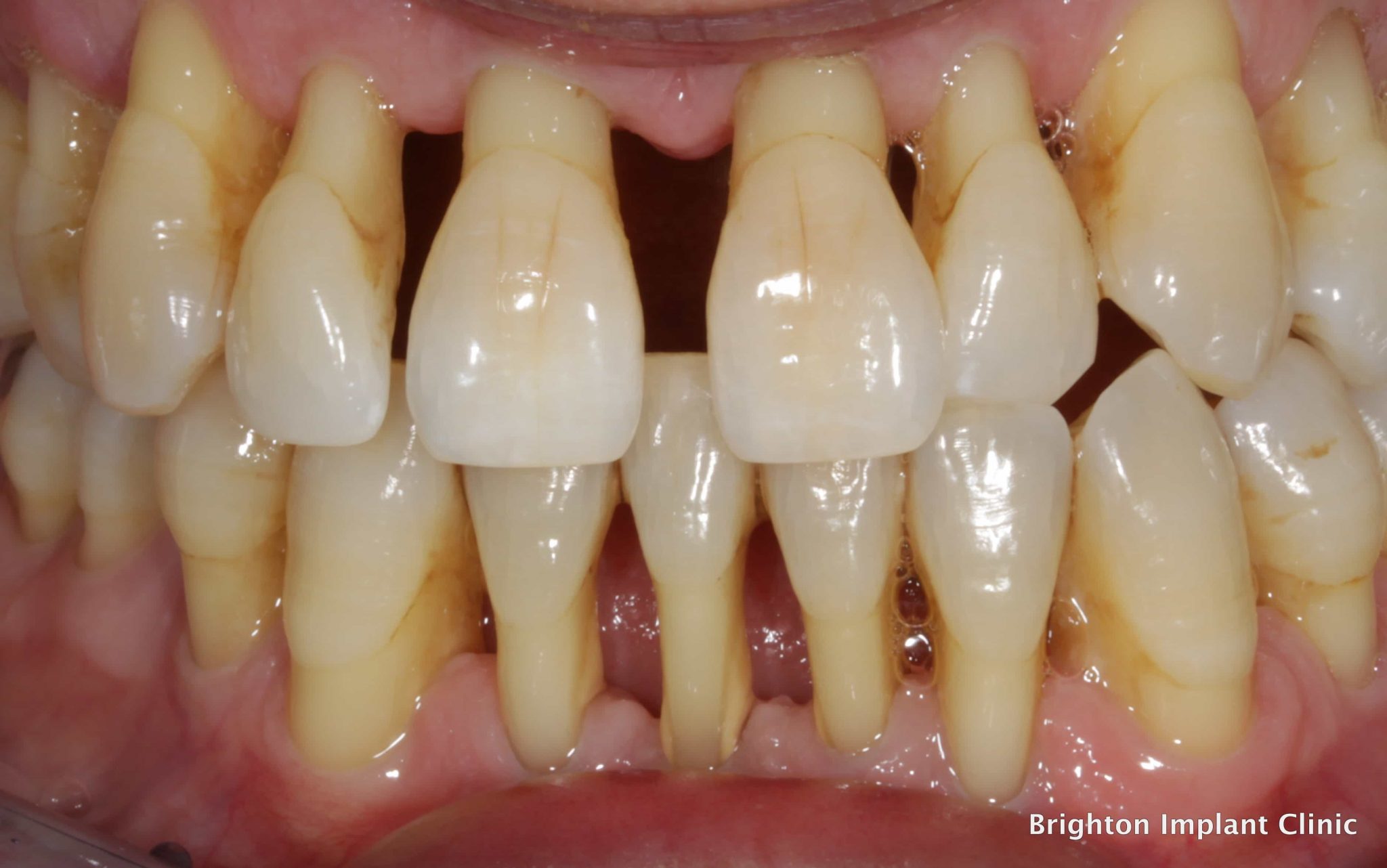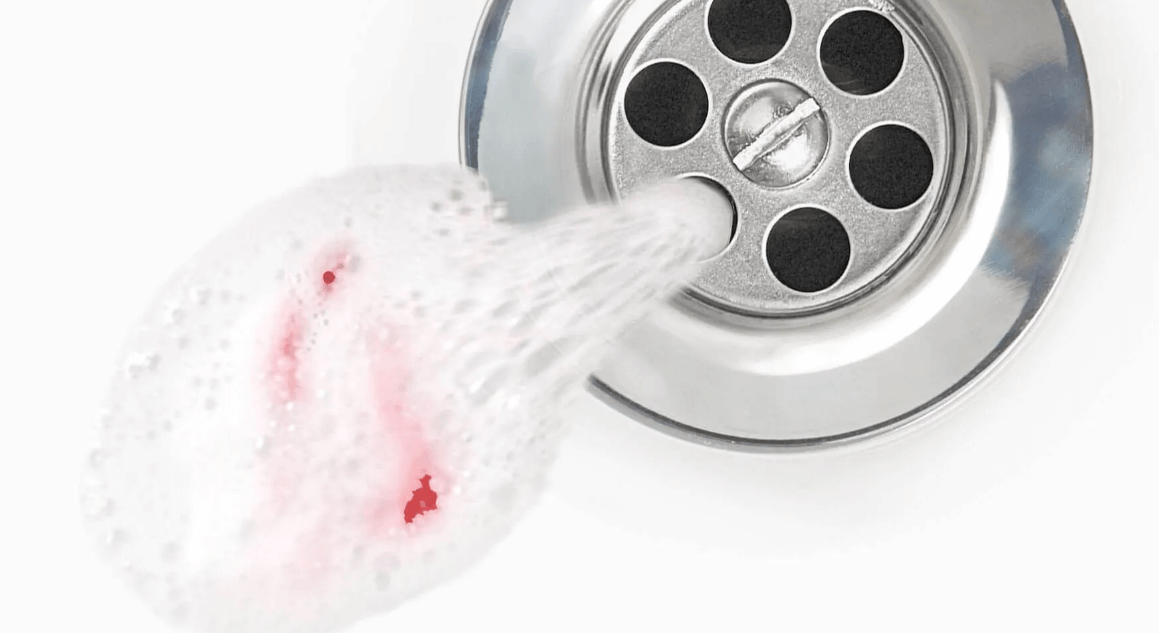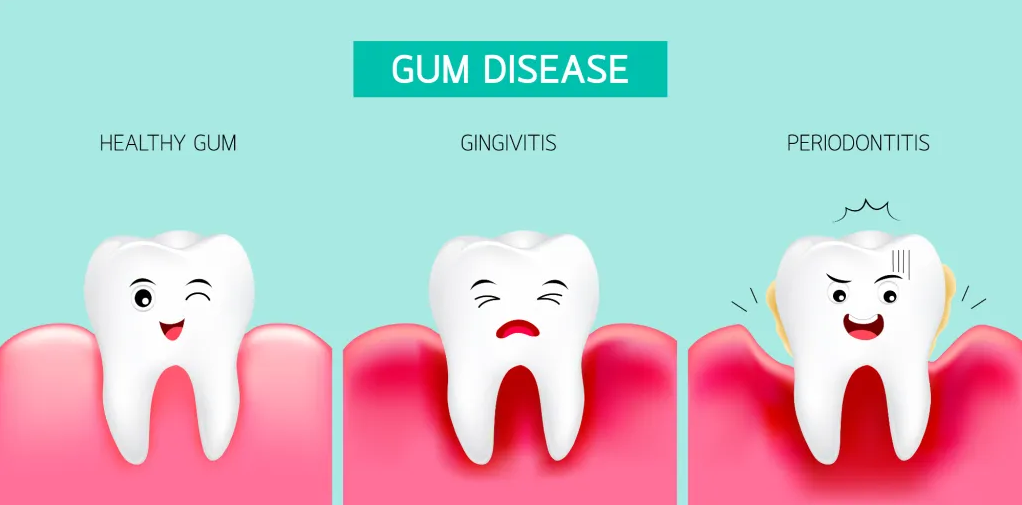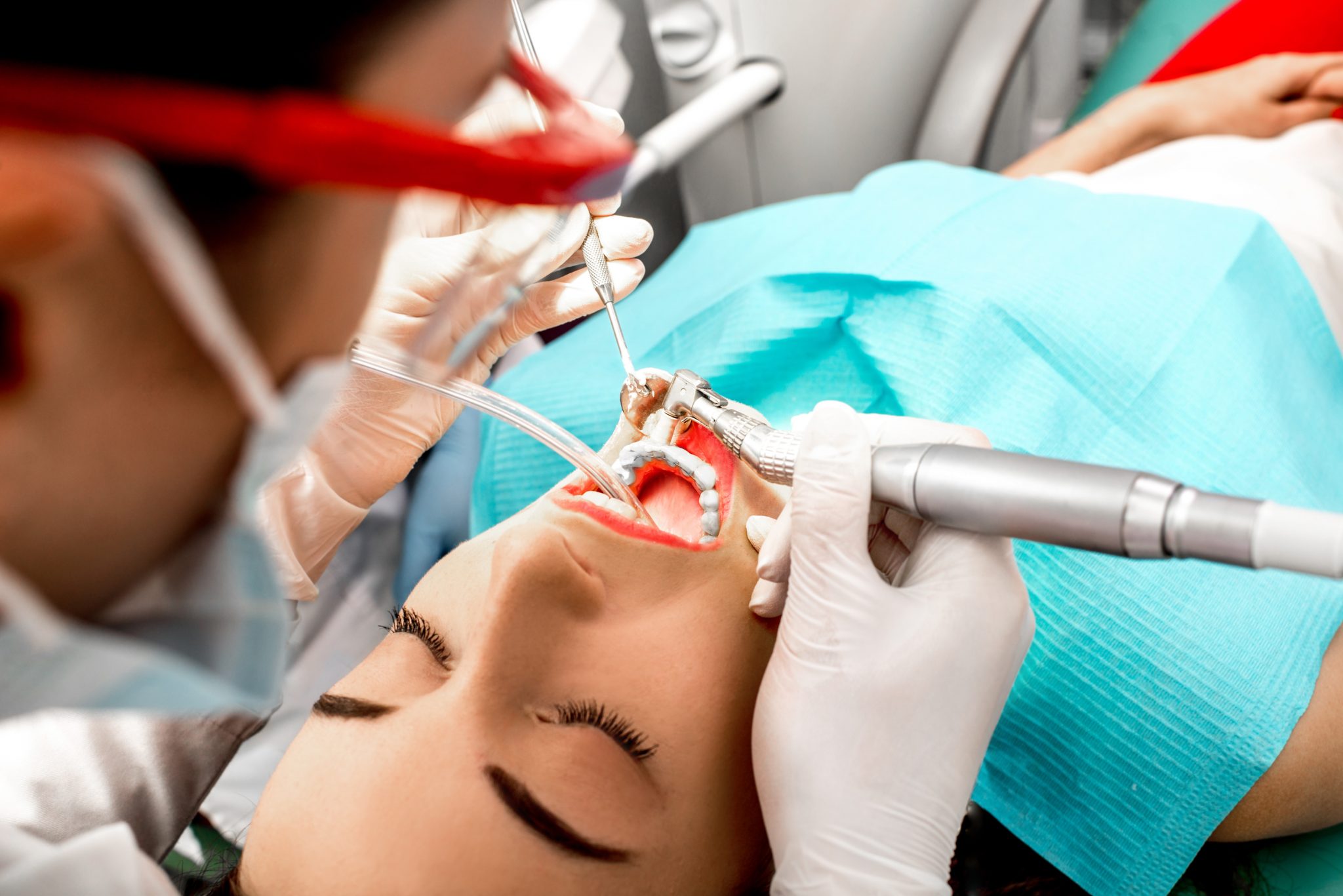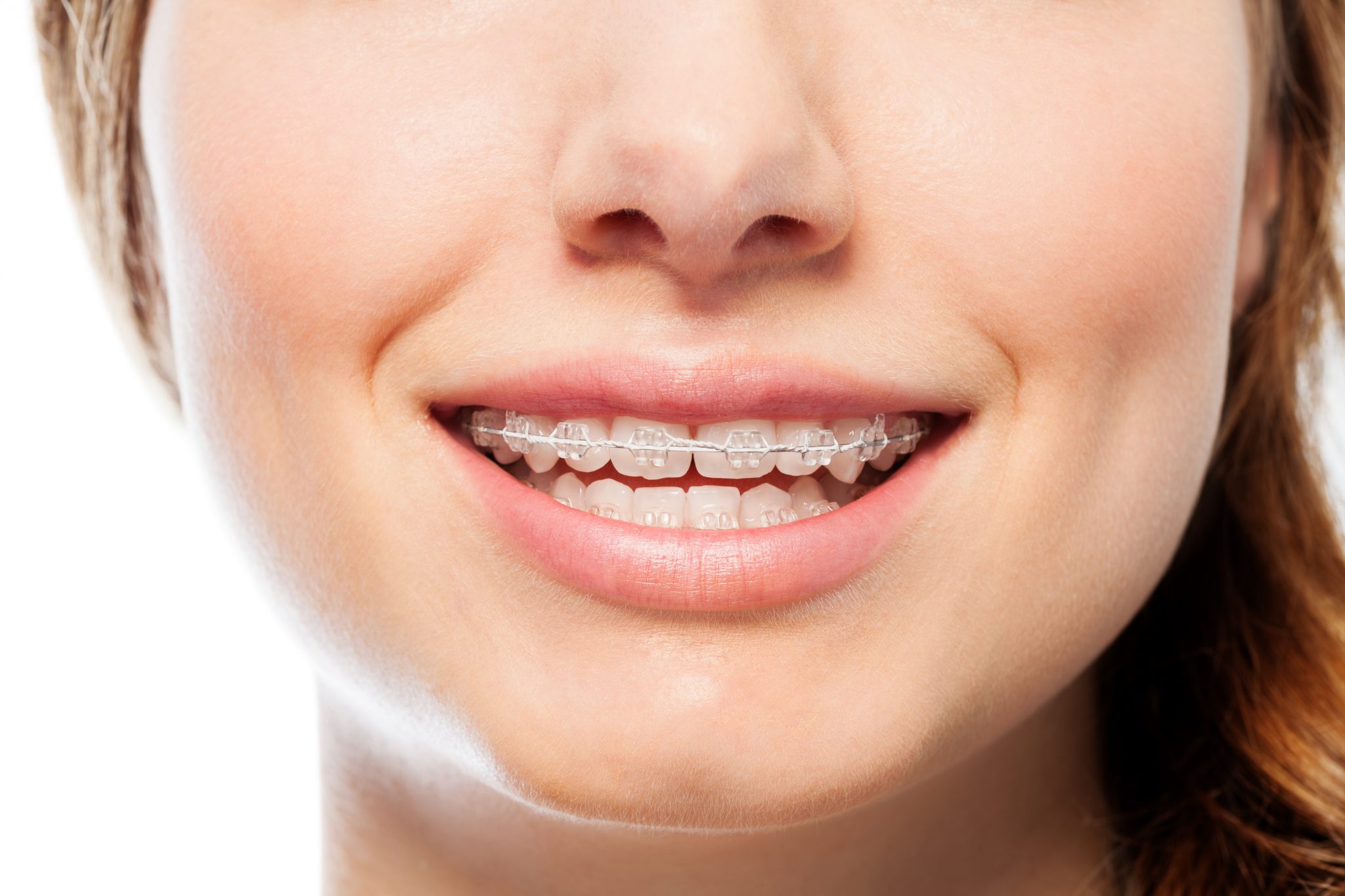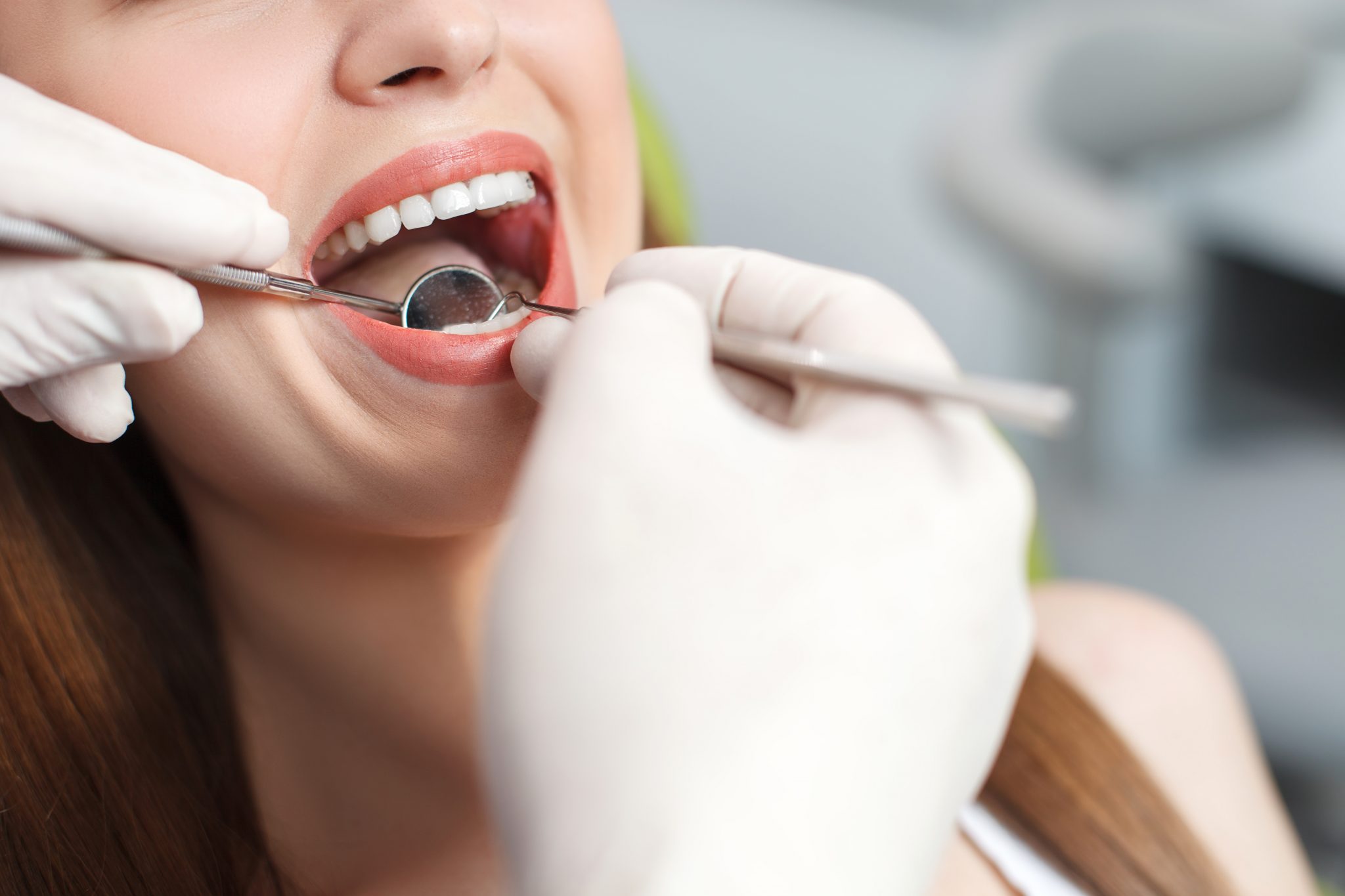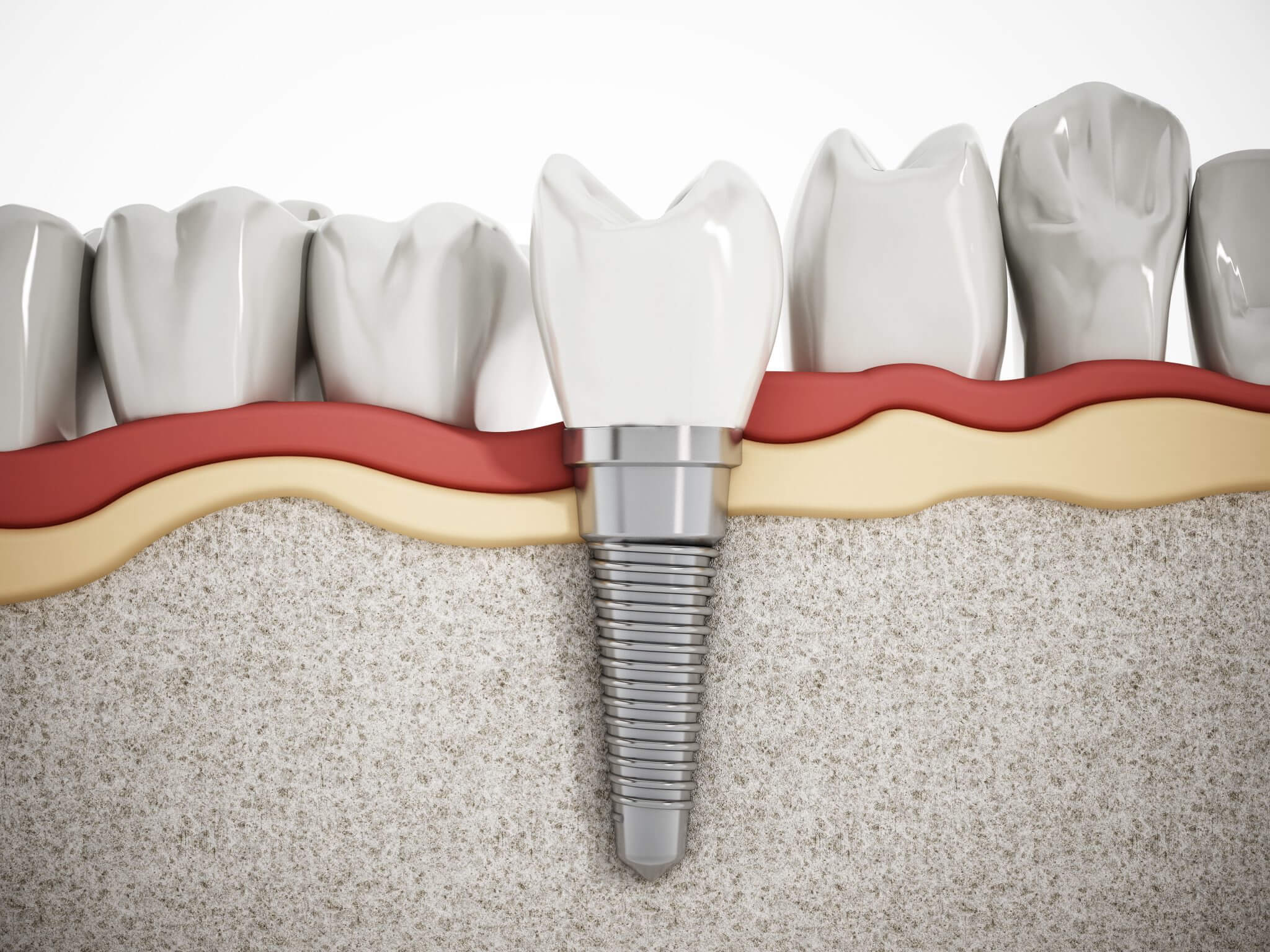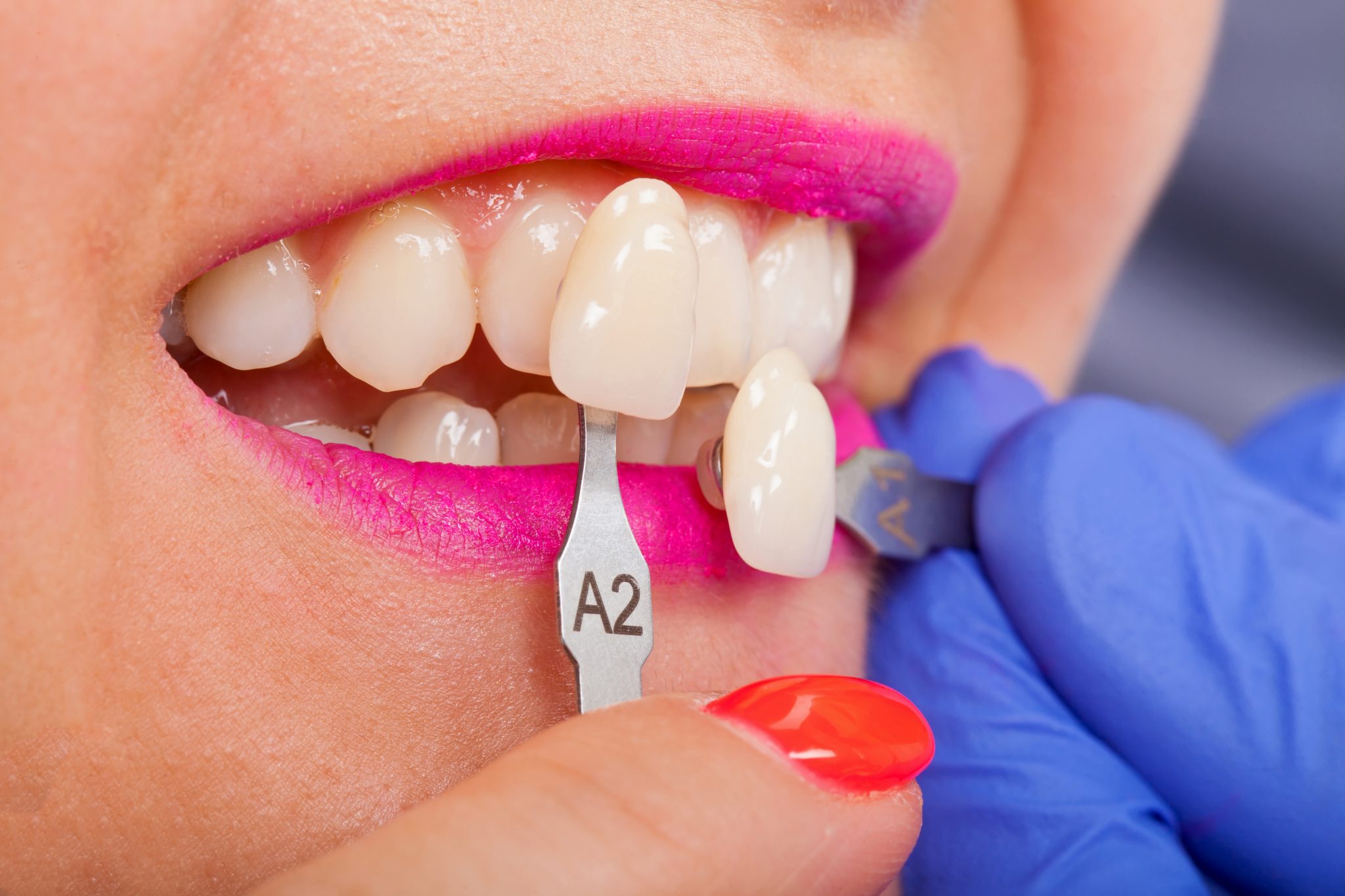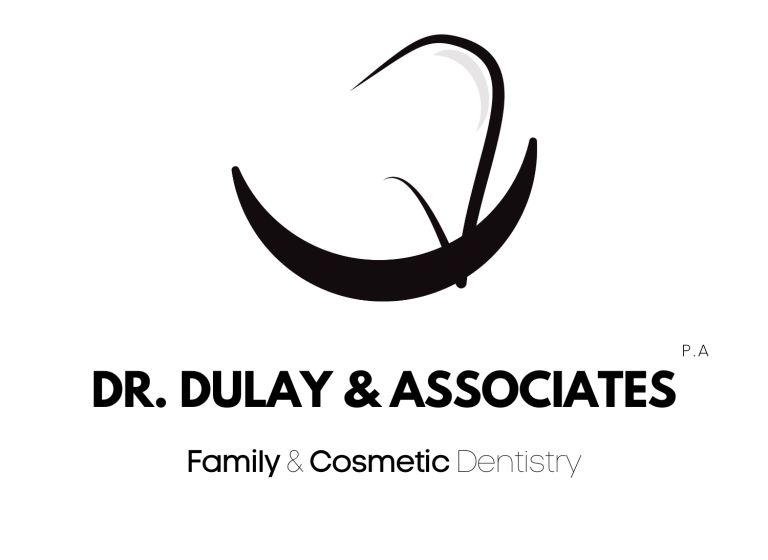There are some medical treatments that have side effects on other parts of the body, such as the mouth. As dentists, we want to tell you how cancer affects oral health and how you can treat the problems that you may face.
Medical conditions that affect the health of your mouth
Many of the medications and methods used to treat various diseases affect your oral health. Some of these treatments are:
- Diabetes medications
- Drugs to treat heart problems
- Chemotherapy
- Radiotherapy
- Treatments for endocrine disorders
- Medications for kidney conditions
- Treatments against immune system disorders
How cancer affects oral health
A large number of cancer treatments can seriously affect the health of your gums, teeth and your mouth in general. These conditions can cause a lot of discomfort when chewing, talking or swallowing if they are not treated properly.
Side effects of cancer on oral health
Some of the side effects of cancer that can affect your mouth are the following:

- Saliva thicker than usual
- Dry mouth
- Mouth sores
- Increases the likelihood of tooth decay
- Changes in the sense of taste
- Infections in the gums and other areas of the mouth
- Bone diseases that affect the teeth and jaw
- Inflammation, redness and even pain in the tongue and lining of the mouth
Usually these effects appear when you are in an advanced stage of cancer treatment. Some are temporary and disappear after the treatment is completed. While others can be much more durable and even permanent.
Causes
Although not all cancer treatments affect the health of your mouth, a large percentage of them do. Studies have shown that the process of chemotherapy, radiotherapy and some surgeries alter the balance of bacteria in the mouth. This can damage and even begin to break down oral tissue, salivary glands and bone. What causes tooth decay, mouth ulcers, sores and infections.
The processes that carry the most side effects are:
- Radiation therapy in the head and neck
- Chemotherapy
- Bone marrow and stem cell transplant
- Pharmacological therapy
How to prevent the effects of treatments
If before starting any cancer treatment you have good oral health, the risks of suffering any condition in your mouth decreases. We recommend you go to the dentist a few weeks before starting your treatment. During your visit to the specialist, be sure to ask him to carry out the following work depending on your case:
- Treat and repair all fractured teeth, with cavities or suffering from any infection.
- If you have dental implants or dentures, check if it fits well and does not cause any discomfort.
- If you have fixed orthodontics it is best to have them removed. Rubbing these with the mouth can cause discomfort and irritation.
You should also consider:
- Provide all possible information about your dental treatments to the oncologist and cancer treatments to a specialist in general dentistry. In this way they can work together to contribute to your oral health.
- If you underwent dental surgery you must wait two weeks or until the wounds of your mouth heal completely to start an oncological treatment.
- If you did not visit your dentist before starting your cancer treatments, go as soon as possible.
- Maintain good communication with your dentist throughout dental treatment in patients with chemotherapy.
